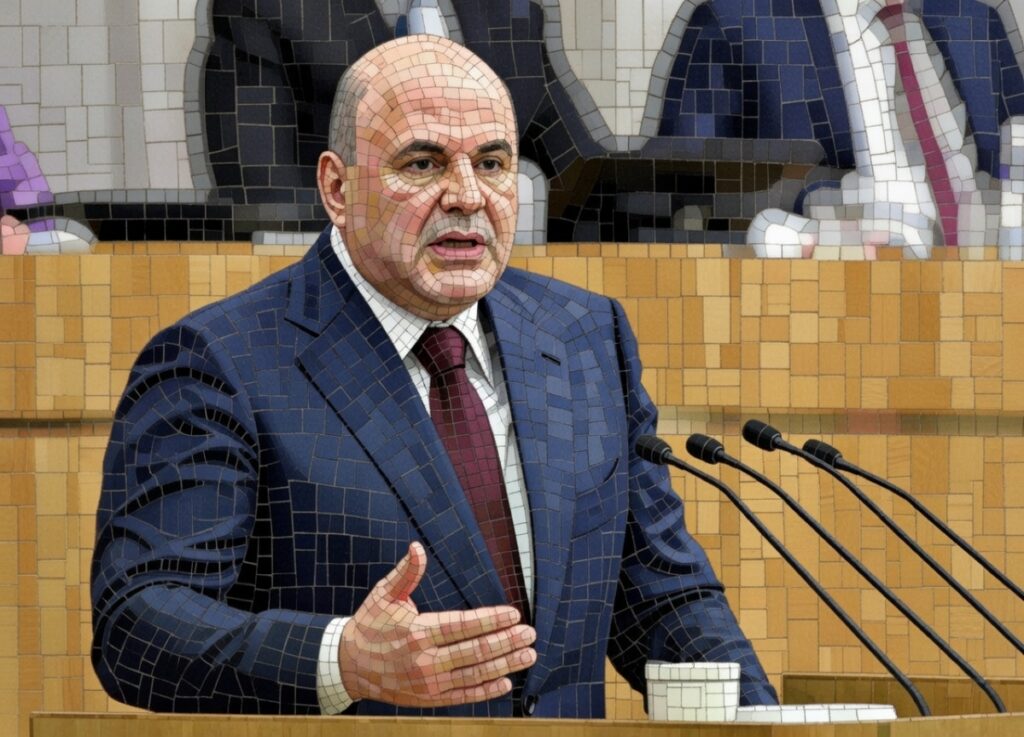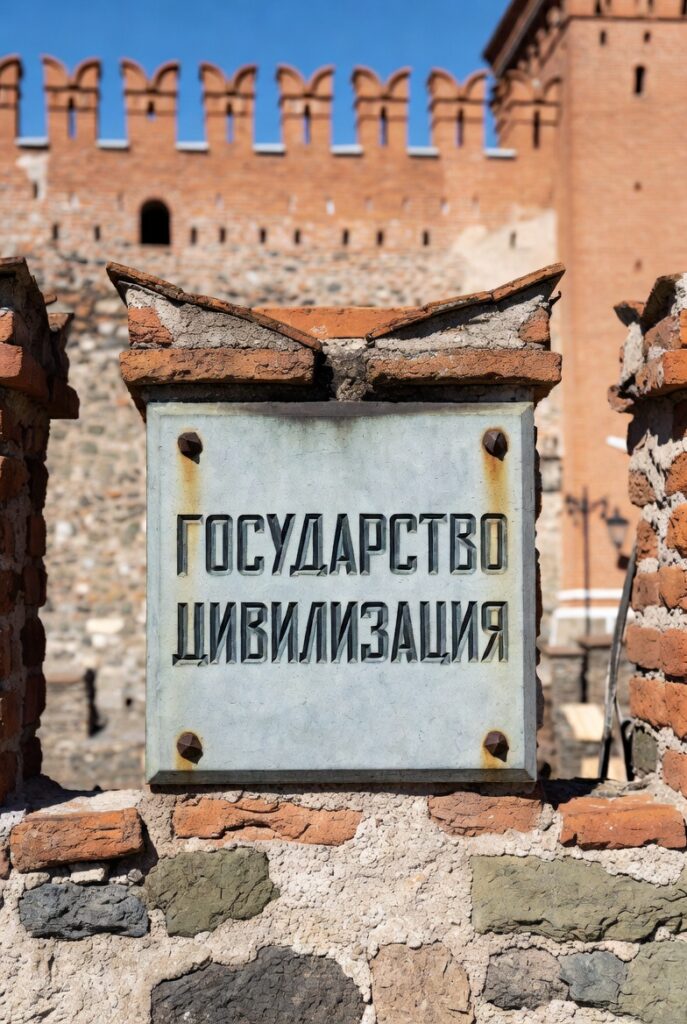Vladimir Putin’s decree created five new Directorates within the structure of the presidential administration: 1) For Monitoring and Analysis of Social Processes 2) For National Maritime Policy Issues 3) For Establishment and Operations of the State Council 4) For State Policy in the Humanitarian Sphere and 5) For State Policy in the Defence Industry
One earlier presidential Directorate — for Supporting Activities of the State Council of the Russian Federation — will be disbanded, or rather split into two parts. Prior to its abolition, the main area of responsibility of this department was not the State Council at all. Headed by Alexander Kharichev, a close associate of Sergei Kiriyenko, the first deputy head of the presidential administration, the Directorate organised election campaigns for government candidates at various levels, conducted sociological research and supervized the work of Kremlin think tanks. The Directorate was also involved in the meetings of the State Council, but only on an ad hoc basis. Now the new name of the structure (For Monitoring and Analysis of Social Processes) is more in line with its actual activities, and Kharichev has secured the post of its head. Most likely, Kiriyenko lobbied for the creation of the new directorate so that his closest associate would not be partially subordinated to presidential aide Alexei Dyumin, who now oversees the State Council. The name of the Directorate, which will be in charge of the State Council’s affairs, was slightly changed and the former head of the Experts’ Directorate, Vladimir Simonenko, was put in charge of it. This division can be described as a successful tactical move: it eliminates the possibility of disputes and conflicts between Kiriyenko and his inner circle, on the one hand, and Dyumin, on the other, over influence in the State Council. All the more so, since the powers of the latter have not yet been clearly defined, so it cannot be considered an influential structure (at least not yet). Now Dyumin and Kiriyenko’s team will be dealing with different issues, and their interests and responsibilities do not really overlap.
The creation of the other three directorates will rather multiply conflicts, with areas of tension appearing both in the relations of the presidential administration with the government and within the Kremlin itself. The structure, which will deal with «state policy in the humanitarian sphere» under the supervision of Vladimir Medinsky, Putin’s aide and former Minister of Culture, will overlap with the federal Ministry of Culture, headed by Olga Lyubimova, and the Kremlin’s department for public projects, headed by Sergei Novikov, another close associate of Kiriyenko. According to the logic of the Russian state apparatus, such an overlap will inevitably lead to competition and conflict between the parts of a single organism. Medinsky will try to prove that his management is more effective than that of the Ministry and Novikov. Novikov and Lyubimova will seek to defend their own boundaries.
The new Directorate for National Maritime Policy Issues was most likely created to employ the small team of former Security Council Secretary Nikolai Patrushev, who was given the post of Putin’s assistant «for shipbuilding.» The president decided not to offend his long-time associate and gave him a chance to find jobs for his own people. At the same time, Patrushev, who was recently seen as the most influential law enforcer, is unlikely to sit on his hands, and his department will interfere in the work of the Transport Ministry, the Industry and Trade Ministry and Rostec, which are unlikely to enjoy such interferences.
A potential conflict is also inbuilt into in the creation of the Kremlin’s Defence Industry Directorate: it will automatically tread on the territory of the aforementioned Industry and Trade Ministry, not to mention Rostec. However, for the time being, this confrontation can only be seen as a potentiality: the new Kremlin structure is headed by Vladimir Yevtukhov, a man from the Industry Ministry’s pool (and thus from the clan of Rostec CEO Sergei Chemezov), who previously served as deputy head of the Ministry.
Putin has clearly sought to strengthen the presidential administration by deliberately pitting ministries and newly created directorates with similar names against each other. Perhaps he believes that competition, albeit accompanied by conflict, will increase the vitality and strength of the system as a whole, but fighting between the organs of a system is likely to weaken it. Putin’s vertical will sink further and further still into internal squabbles, confrontations and intrigues. They are now also pre-programmed by the very logic of the power apparatus.
Minister and war reporters
New Defence Minister Andrey Belousov met with so-called «war reporters» — employees of state and pro-government media and bloggers who report from the Russian side of the front in Ukraine. His predecessor, Sergey Shoigu, did not hold such talks, and despite the fact that the event was closed to the media and the public, the same media outlets loyal to the Russian leadership covered it in their articles and posts. They were based on the testimony of the «war reporters» themselves: Evgeny Poddubny described his impressions of the meeting as «excellent», and Semyon Pegov wrote that the conversation was «frank and constructive»: «There is an obvious desire to cooperate with the military reporters’ fraternity. I would not be lying if I said that the most important thing was that we were heard. And that is already a lot,» he stressed.
Pro-war and ultra-patriotic journalists often criticised the former leadership of the Defence Ministry, but this was usually done by ideologically driven people who were not invited to he meeting with Belousov. The meeting was attended by «moderate» bloggers and members of the pro-state and pro-regime press. The new minister clearly wants to appear more open to pro-war audiences and their mouthpieces, and it is likely that political advisers working with the Kremlin are helping him to promote this image. But Belousov is unlikely to succeed in becoming a «soldiers’ minister», or at least in winning the sympathy of the majority of ultra-patriots. The official invited the most «moderate war correspondents» to the meeting, who also did not dare to criticise Shoigu too harshly. Bloggers who talk about failures at the front and the army’s weaknesses were not invited to attend the meeting. An audience that wholeheartedly supports the war but is critical of the government and especially the Defence Ministry will understand this signal. These people were already sceptical enough about the appointment of a civilian as Defence Minister, and this week their disappointment was compounded. Andrey Belousov and his patrons in high places are only willing to talk to those who are certain to later report on this conversation as «excellent» and «constructive.»










